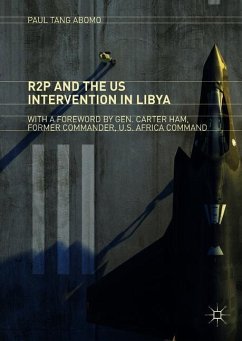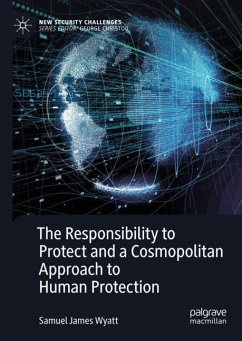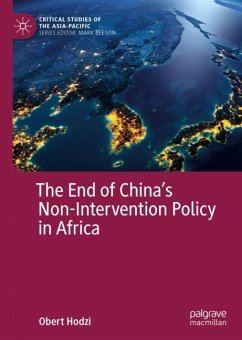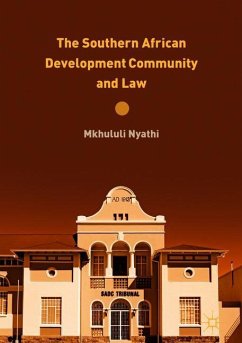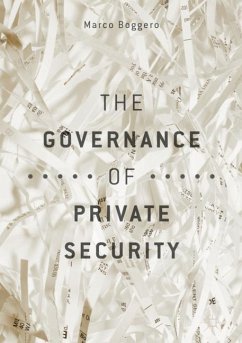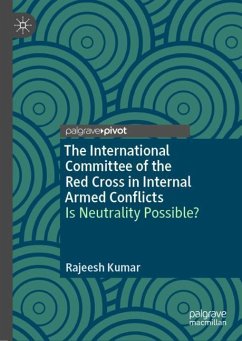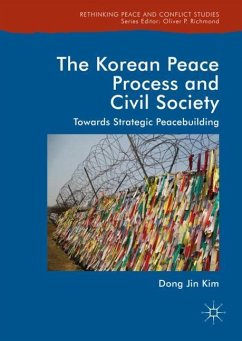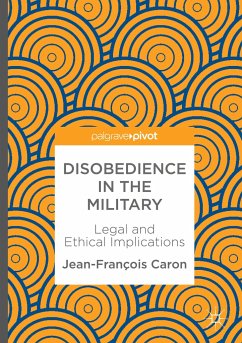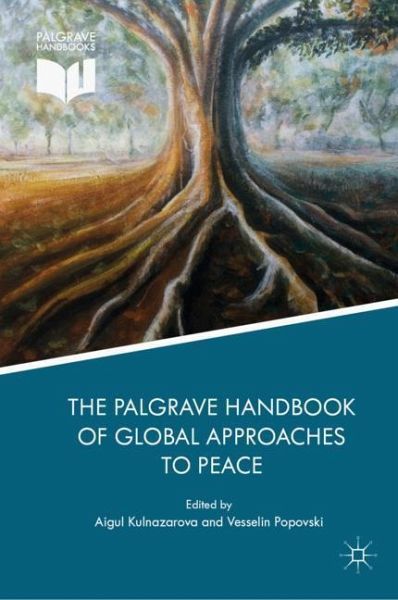
The Palgrave Handbook of Global Approaches to Peace

PAYBACK Punkte
95 °P sammeln!
With existing literature focusing largely on Western perspectives of peace and their applications, a global understanding of peace is much needed. Spurred by more recent debates and discourses that criticize the dominant realist and liberal approaches for crises in contemporary state- and peace-building, the contributors to this handbook emphasize not only the need to solve this eternal conundrum of humanity, but also demand-with the rise of increasingly more violent conflicts in international relations-the development of a global interpretive framework for peace and security. To this end, the...
With existing literature focusing largely on Western perspectives of peace and their applications, a global understanding of peace is much needed. Spurred by more recent debates and discourses that criticize the dominant realist and liberal approaches for crises in contemporary state- and peace-building, the contributors to this handbook emphasize not only the need to solve this eternal conundrum of humanity, but also demand-with the rise of increasingly more violent conflicts in international relations-the development of a global interpretive framework for peace and security. To this end, the present handbook examines conceptual, institutional and normative interpretive approaches for making, building and promoting peace in the context of roles played by state and non-state actors within local, national, regional, and global units of analysis.




